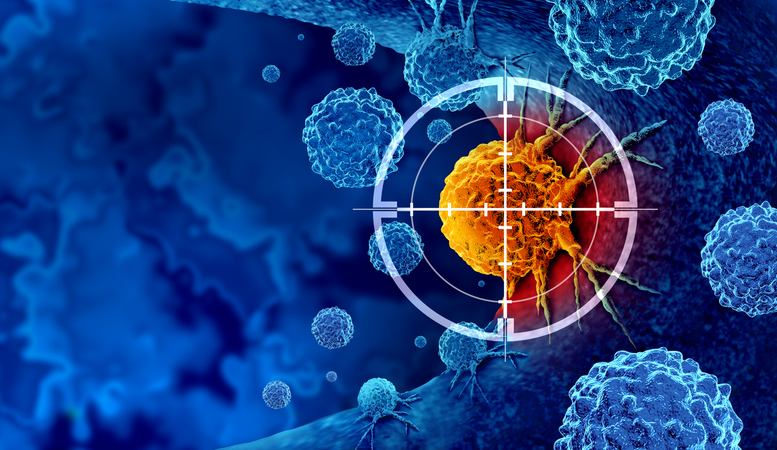Cancer remains one of the most daunting health challenges we face today, but recent research from the American Cancer Society brings a hopeful message: as reported in several major news outlets, nearly 40% of new cancer cases and almost half of the deaths among adults aged 30 and older in the United States can be attributed to preventable risk factors. This pivotal study underscores the significant impact of lifestyle choices on cancer risk and offers practical steps individuals can take to safeguard their health.
Key Modifiable Risk Factors
Dr. Arif Kamal, the chief patient officer at the American Cancer Society, emphasizes that many cancer risks are within our control. The leading preventable risk factor is smoking, which contributes to nearly one in five cancer cases and about a third of cancer deaths. Other significant factors include excess body weight, alcohol consumption, physical inactivity, poor diet, and infections such as HPV.
The study analyzed 18 modifiable risk factors across 30 types of cancer. In 2019 alone, these factors were linked to over 700,000 new cancer cases and more than 262,000 deaths. The findings reveal that lifestyle changes can dramatically reduce cancer risk, providing a sense of control and agency in the fight against this disease.
The Impact of Lifestyle on Cancer
Cancer develops due to DNA damage or the presence of a fuel source for cancer cells. While genetics and environmental factors play a role, modifiable risks account for a more substantial share of cancer cases and deaths. For instance, exposure to sunlight can damage DNA and lead to skin cancer, while fat cells produce hormones that can promote certain cancers.
Certain cancers are more preventable than others. Modifiable risk factors were linked to more than half of new cases for 19 of the 30 cancer types studied. Notably, more than 90% of melanoma cases are related to ultraviolet radiation, and nearly all cervical cancer cases are linked to HPV infection, which can be prevented with a vaccine. The HPV vaccine first became available in 2006 and is now considered routine health care for girls while some countries also recommend the vaccine for boys.
Lung cancer, with over 200,000 cases attributable to modifiable risk factors, highlights the critical impact of smoking. Following smoking, excess body weight emerges as a significant contributor to cancer, associated with about 5% of new cases in men and nearly 11% in women. Obesity is linked to more than a third of deaths from cancers of the endometrium, gallbladder, esophagus, liver, and kidney.
The Role of Medications and Behavioral Changes
Recent studies suggest that popular weight-loss and diabetes medications like Ozempic and Wegovy can significantly reduce the risk of certain cancers. Dr. Marcus Plescia, chief medical officer for the Association of State and Territorial Health Officials, notes that obesity is becoming as potent a risk factor for cancer as smoking.
Intervening on core behavioral risk factors – quitting smoking, eating a healthy diet and exercising – can lead to dramatic improvements in chronic disease rates and outcomes. Creating environments that support healthy choices is crucial, especially in disadvantaged neighborhoods where access to safe exercise spaces and healthy foods may be limited.
Early Intervention and Lifelong Benefits
With rising rates of early-onset cancer in the US, establishing healthy habits early in life is essential. Quitting smoking, maintaining a healthy weight and staying active are easier when adopted early but are beneficial at any age. Dr. Plescia stresses that it’s never too late to make lifestyle changes, and even late-life interventions can profoundly impact cancer risk and overall health.
Cancer is an ever-present risk as our cells divide daily, but reducing exposure to known risk factors can yield quick and significant benefits. By making informed lifestyle choices, individuals can take proactive steps to reduce their cancer risk and enhance their overall well-being.






Add Your Voice
0 Comments
Join the Discussion